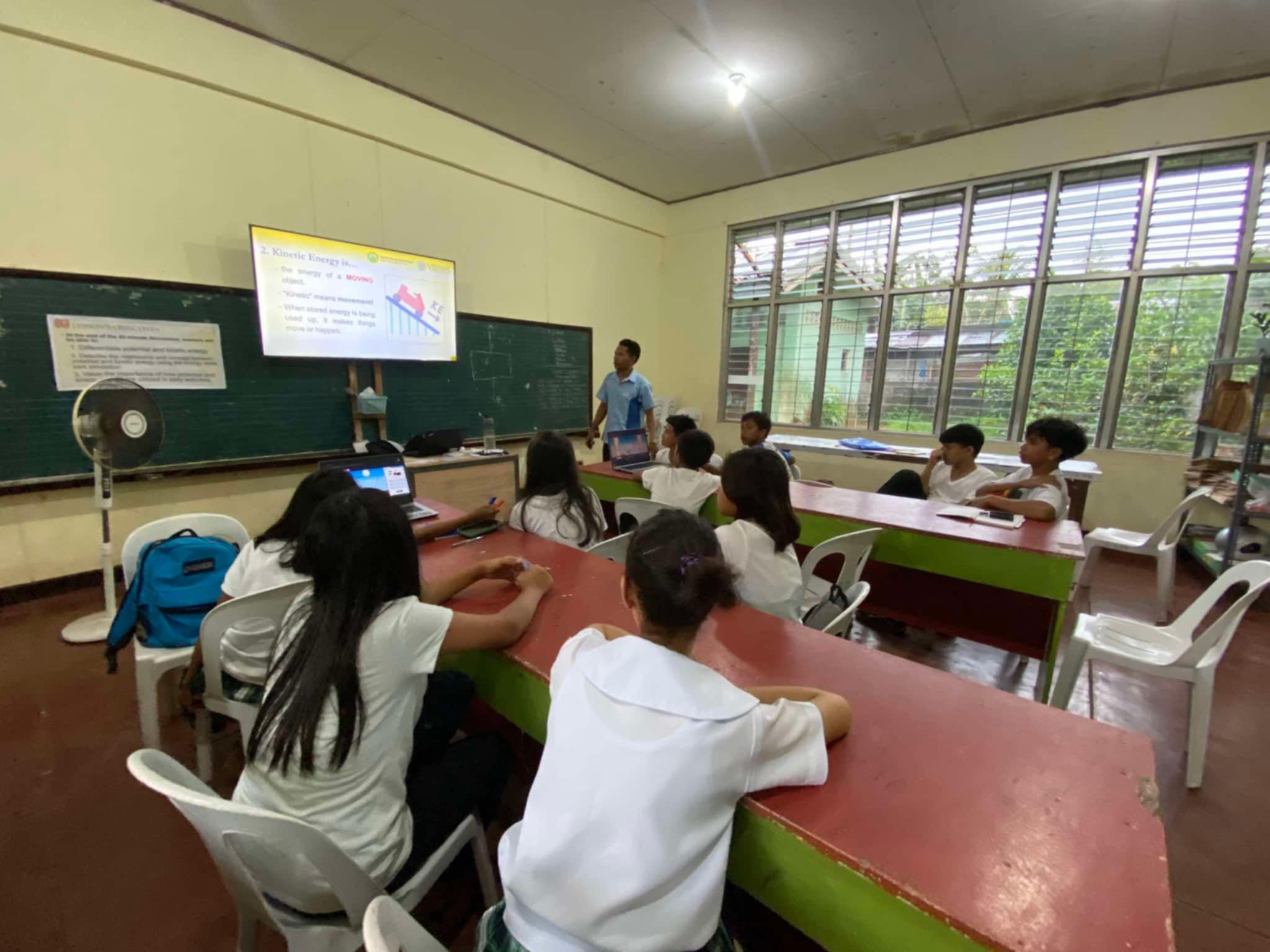Enhancing Conceptual Understanding of Energy Through the Enerceptual Toolkit: A Participatory Action Research in Secondary Science Education
DOI:
https://doi.org/10.59120/drj.v16i3.435Keywords:
Conceptual Understanding, Enerceptual Toolkit , Participatory Action Research , Physics Education, Secondary ScienceAbstract
Understanding potential and kinetic energy is essential for students’ grasp of physics and energy transformation, yet secondary-level instruction often struggles to convey these concepts effectively. This participatory action research (PAR) investigated the effectiveness of the Enerceptual Toolkit, a multimodal, constructivist-based intervention designed to improve conceptual understanding and engagement among Grade 8 students in a Philippine public high school. The Toolkit integrated lecture demonstrations, animations, digital simulations, game-based learning, and structured problem-solving activities, all delivered through the 7Es lesson plan model. Conducted over two PAR cycles involving 10 students, the study employed pre- and post-tests, classroom observations, and semi-structured interviews. Baseline data showed that no participant reached the 75% proficiency threshold in the pre-test. After the intervention, all learners exceeded this benchmark, with the class proficiency level (CPL) improving from “Beginning” in Cycle 1 to “Advanced” in Cycle 2. Observational data revealed increased engagement, confidence, and self-efficacy, along with a decline in off-task behavior. Thematic analysis of student interviews highlighted positive shifts in motivation, participation, and perceived relevance of energy concepts. These findings suggest that the Enerceptual Toolkit, grounded in active learning and conceptual scaffolding, is a promising strategy for enhancing energy instruction in junior high school science. The study highlights the potential of multimodal, student-centered approaches to address conceptual gaps and promote deeper learning. Implications for curriculum integration and teacher professional development are discussed.
Downloads

Downloads
Published
Issue
Section
License
Copyright (c) 2025 Paulo C. Tumamak, Jennifer M. Sevillano, Dan Rupert P. Lazona, Julie Anne J. Dejaño, Anton G. Argallon, Joy A. Bellen

This work is licensed under a Creative Commons Attribution-NonCommercial 4.0 International License.
DRJ is an open-access journal and the article's license is CC-BY-NC. This license allows others to distribute, remix, tweak, and build on the author's work, as long as they give credit to the original work. Authors retain the copyright and grant the journal/publisher non-exclusive publishing rights with the work simultaneously licensed under a https://creativecommons.org/licenses/by-nc/4.0/.





